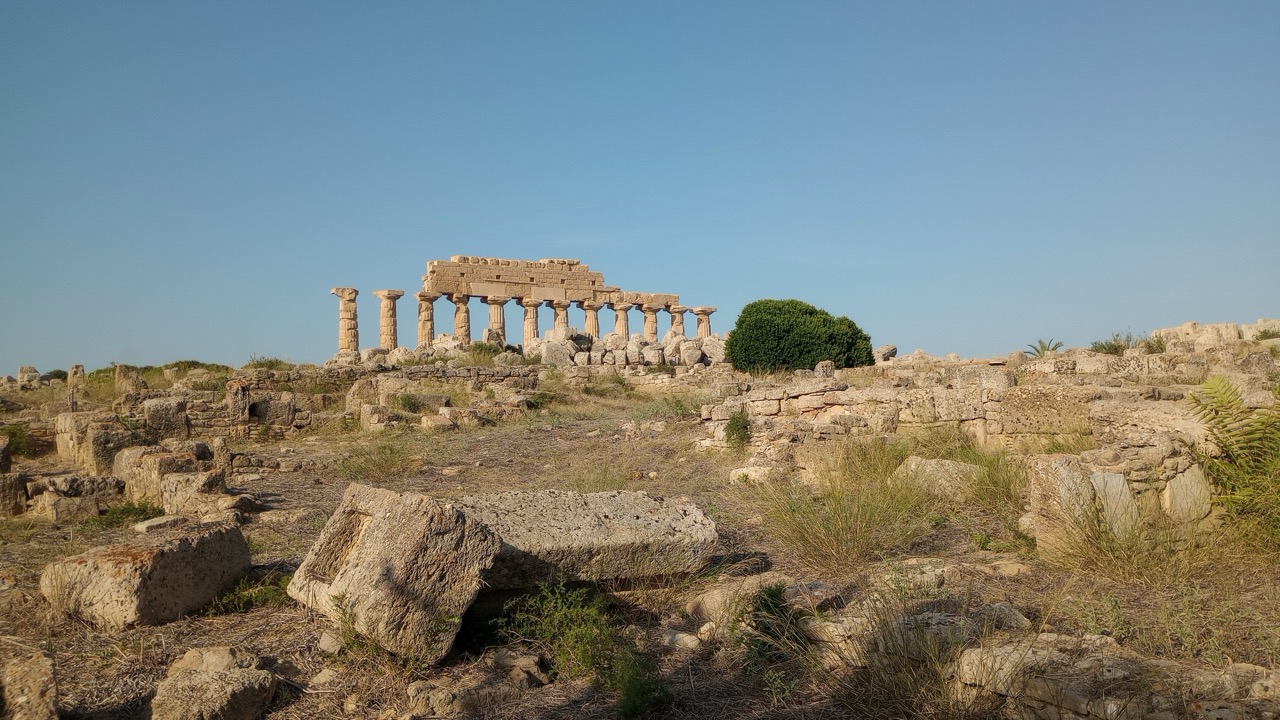Blood in the Water: Conquest as a vector for the transmission of ancient hydraulic technology
Abstract

The insidious relationship between violence and technological progression is a well-known phenomenon that appeared as widely in antiquity as it does today. In the Classical and Hellenic eras of the Mediterranean, an increase in the scale and frequency of warfare resulted in more communities being displaced, enslaved and conquered. This escalating violence promoted the development and dispersal of new ideas, while also consolidating the wealth required for complex technologies to be widely employed. Surprisingly, in the study of conflict and technological exchange in the ancient Mediterranean, hydraulic technology has been largely overlooked. This study aimed to revise this oversight and investigate if conquest served as an effective vector for the transmission of hydraulic technology in antiquity. To do this, the design and building materials of water features from the neighbouring Sicilian cities of Selinus and Akragas have been studied. Sacked and reorganised by Carthage in the late 5th century BCE and then Rome in the mid-3rd century BCE, both Selinus and Akragas, though originally Greek colonies, developed a mixed cultural fabric. Previous studies have explored how conquest changed the organisation of Selinus and Akragas, but limited research has focused on changes wrought to the construction and use of water infrastructure at each site. This paper investigates if conquest introduced new hydraulic technologies to Selinus and Akragas, and how this violence shaped the lives of the conquerors and the conquered.
About the Presenter
Rory McLennan began his studies at The University of Queensland in 2018, completing a Bachelor of Arts and Bachelor of Arts Honours degree in 2020 and 2021 respectively. His Honours thesis researched the building materials of water infrastructure in ancient Rome and the Bay of Naples. In 2022, He began a Master of Philosophy degree with a thesis entitled: Foundations for Imperium. His ongoing project investigates the hydraulic technology of ancient Greek, Carthaginian and Italian communities to understand if and how early developments laid the technological foundations for Rome’s famous Imperial water features and building materials.
About Archaeology Working Papers
The Working Papers in Archaeology seminar series provides a forum for dissemination of archaeological research and ideas amongst UQ archaeology students and staff. All students are invited to attend the series and postgraduate students, from honours upwards, are invited to present their research. The aim is to provide opportunities for students, staff and those from outside UQ, to present and discuss their work in an informal environment. It is hoped that anyone interested in current archaeological directions, both within and outside the School and University, will be able to attend and contribute to the series.
